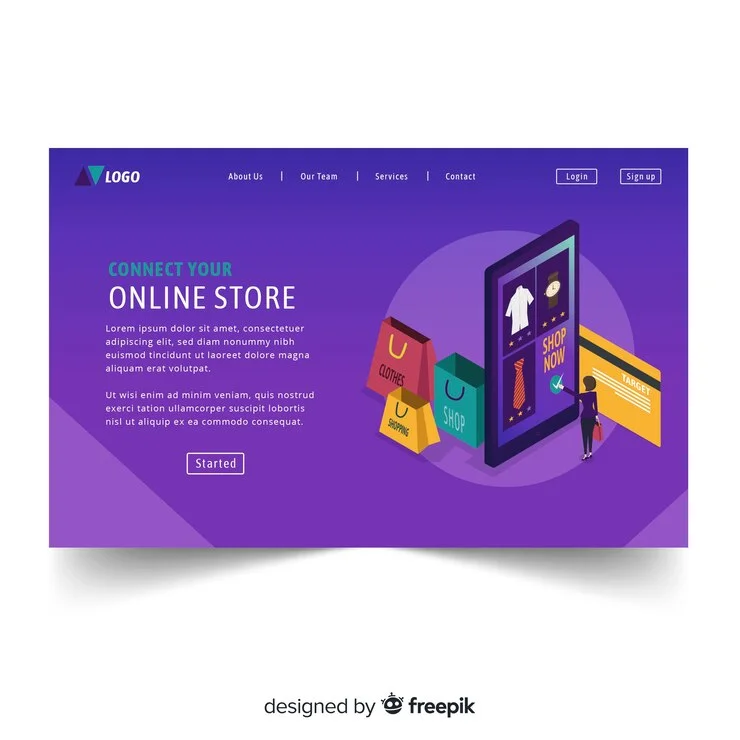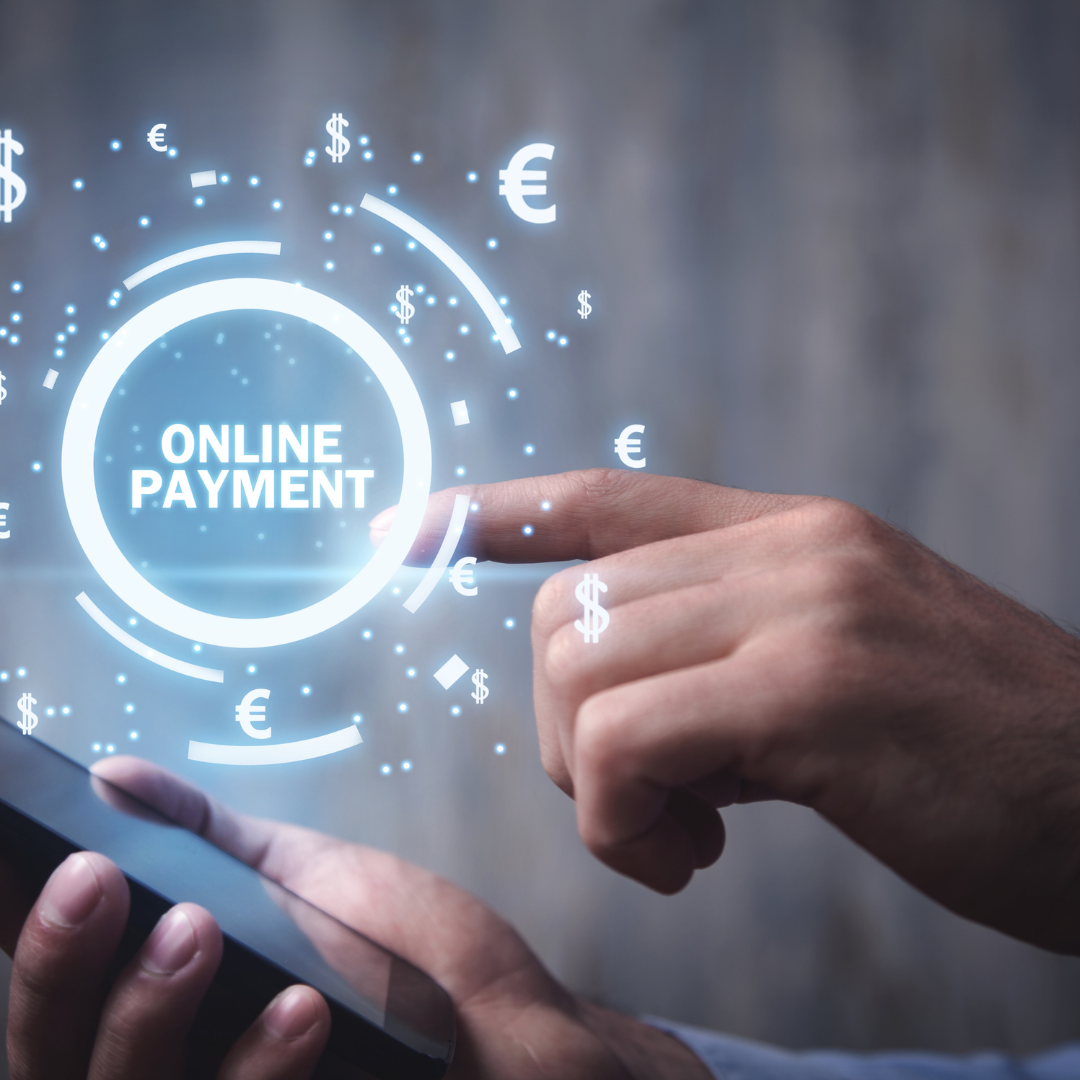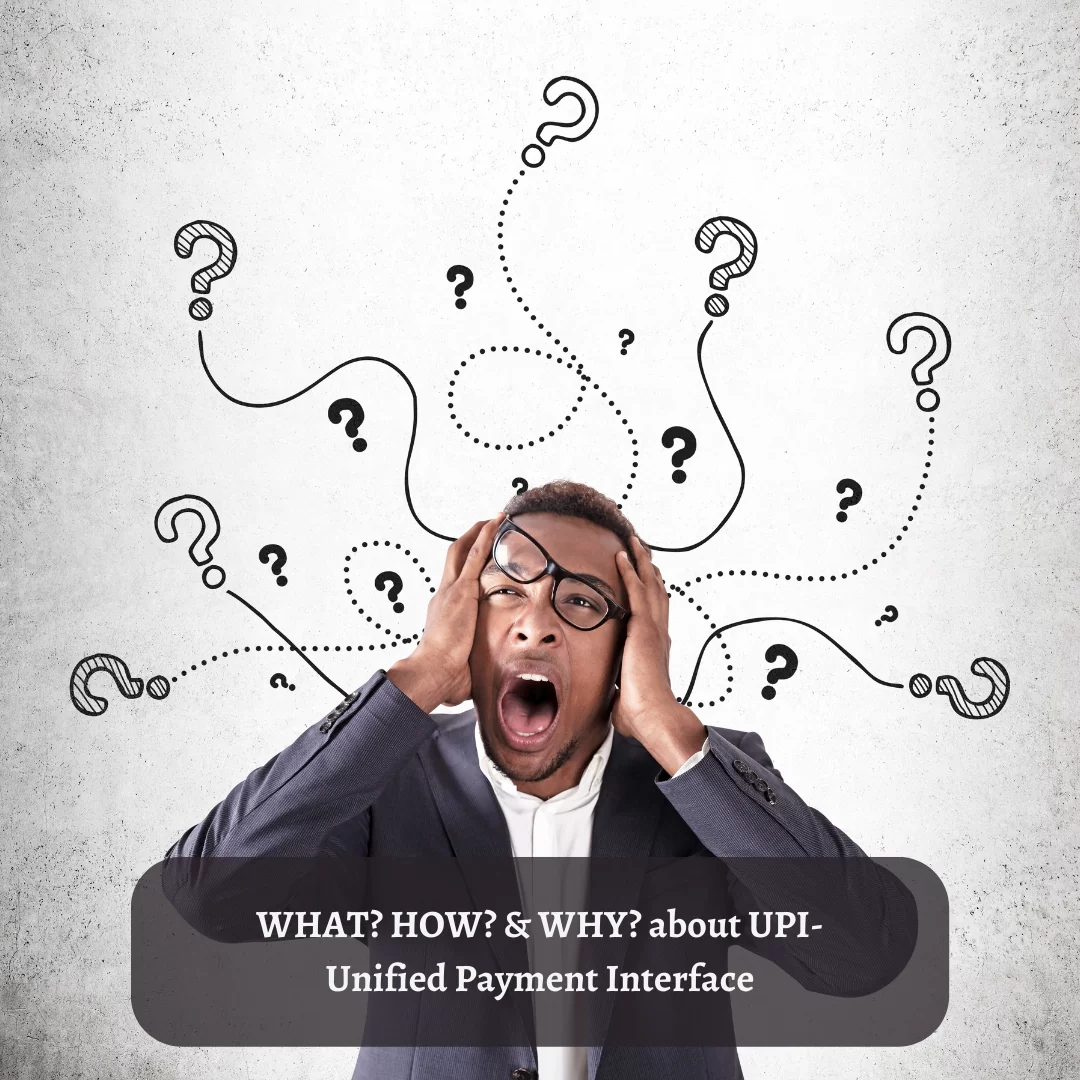Staying ahead of the competition in e-commerce business requires more than just a great product lineup and a user-friendly website. A crucial but often overlooked element is the integration of advanced payment gateway technologies. These technologies not only streamline the payment process but also significantly enhance customer experience, security, and business growth. Let’s explore how leveraging the latest in payment gateway technologies can give a significant boost to your e-commerce business.
1. Seamless Customer Experience
One of the primary drivers of e-commerce growth is providing a seamless shopping experience. Advanced payment gateway technologies offer a variety of payment options, including credit and debit cards, digital wallets, and even cryptocurrency. By accommodating diverse payment preferences, you reduce friction in the checkout process, which can lead to higher conversion rates. Moreover, features like one-click payments and saved payment methods make repeat purchases effortless, fostering customer loyalty.
2. Enhanced Security
Security is a paramount concern for both businesses and consumers. Modern payment gateways employ cutting-edge security protocols such as tokenization and encryption to protect sensitive information. Tokenization replaces card details with a unique identifier (token) that is useless if breached. This significantly reduces the risk of data theft. Additionally, compliance with standards like PCI-DSS (Payment Card Industry Data Security Standard) ensures that your business adheres to the highest security practices, building trust with your customers.
3. Global Reach
Expanding your e-commerce business globally can be daunting without the right tools. Advanced payment gateways facilitate cross-border transactions by supporting multiple currencies and local payment methods. This flexibility allows customers from different parts of the world to shop in their preferred currency and use familiar payment options, breaking down barriers to international sales. Additionally, features like dynamic currency conversion provide transparency, helping customers understand exactly how much they are spending.
4. Data Analytics and Insights
Understanding customer behavior is critical to business growth. Payment gateways offer detailed analytics and reporting features that provide insights into transaction patterns, payment preferences, and sales trends. This data can inform your marketing strategies, inventory management, and customer service improvements. By leveraging these insights, you can make data-driven decisions that enhance your business performance and customer satisfaction.
5. Fraud Prevention
Fraudulent transactions are a significant threat to e-commerce businesses. Advanced payment gateway technologies incorporate sophisticated fraud detection and prevention mechanisms such as machine learning algorithms, real-time monitoring, and multi-factor authentication. These technologies analyze transaction data to identify and flag suspicious activities, minimizing the risk of fraud. This not only protects your revenue but also safeguards your brand reputation.
6. Integration with Other Systems
A modern e-commerce operation relies on various systems, including Customer Relationship Management (CRM), Enterprise Resource Planning (ERP), and inventory management. Advanced payment gateways offer seamless integration with these systems, ensuring smooth data flow and operational efficiency. For instance, integrating your payment gateway with your CRM system can help you track customer interactions and personalize marketing efforts. Similarly, syncing with your inventory management system ensures accurate stock levels and timely order fulfillment.
7. Mobile Optimization
With the increasing use of smartphones for online shopping, mobile optimization is no longer optional. Advanced payment gateway technologies are designed to provide a smooth payment experience on mobile devices. Features like mobile wallets (e.g., Apple Pay, Google Wallet) and responsive checkout pages ensure that customers can easily complete transactions on their phones. A mobile-friendly payment process can significantly reduce cart abandonment rates and boost sales.
Conclusion
Incorporating advanced payment gateway technologies is a strategic move that can drive significant growth for your e-commerce business. By enhancing customer experience, ensuring robust security, facilitating global transactions, providing valuable insights, preventing fraud, integrating seamlessly with other systems, and optimizing for mobile, these technologies address key aspects of e-commerce success. As the digital marketplace continues to evolve, staying updated with the latest payment solutions will keep your business competitive and poised for growth.















